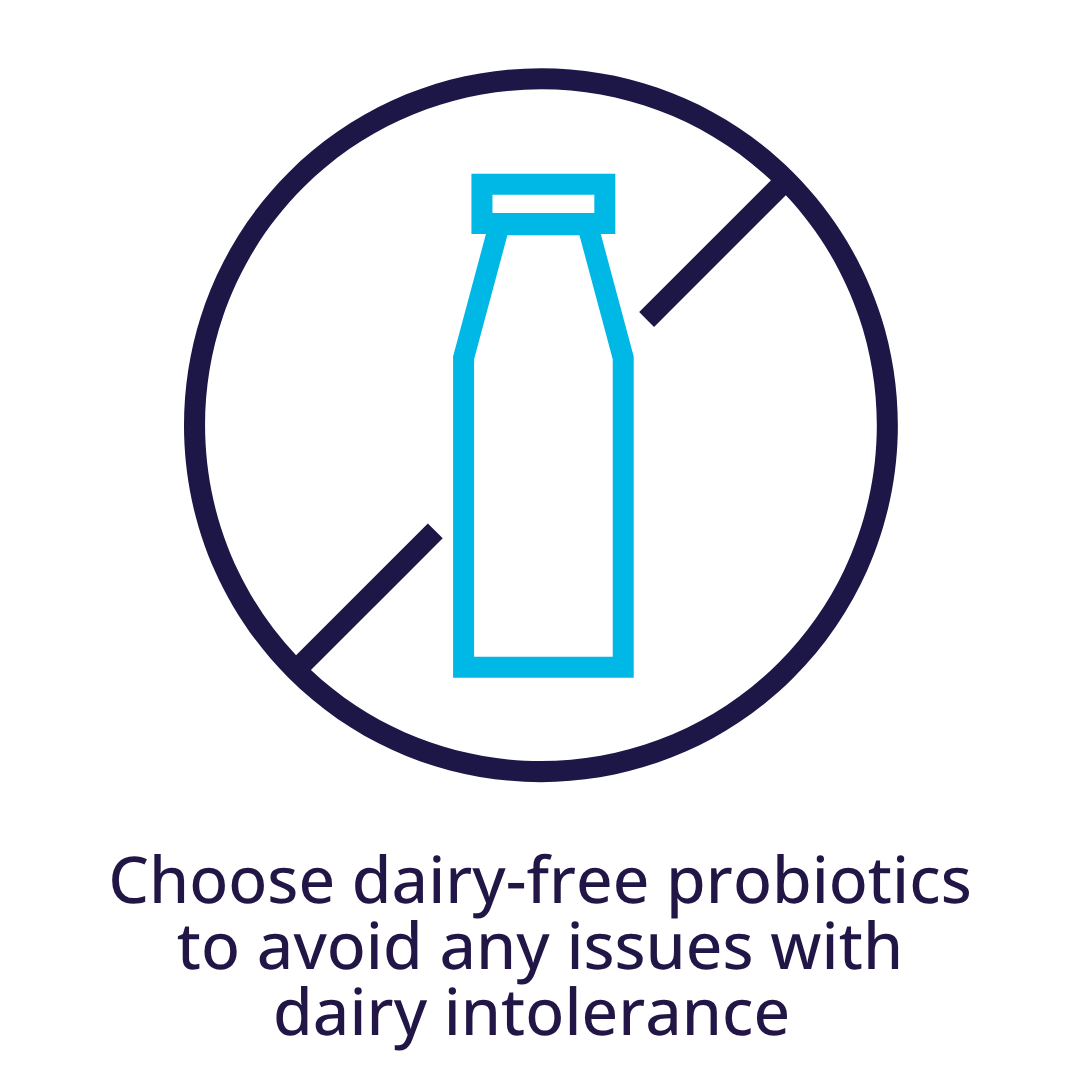
Why Probiotics
The microbiome in your body is as unique as you are. This vast community of billions of microorganisms plays a crucial role in your overall health, influencing digestion, immune function, mood, and skin balance. Research has shown strong connections between the gut and brain, demonstrating how probiotics can support cognitive health, immune responses, and vaginal health. New studies also suggest that probiotics may help regulate metabolism and support weight management.
To keep your microbiome healthy, it’s important to nourish it with good bacteria called probiotics. These beneficial microorganisms help restore and maintain balance in your gut. You can find probiotics in fermented foods like yogurt, sauerkraut, and kimchi, or through high-quality dietary supplements formulated to meet your specific health needs.
Everyday Life Can Disrupt Our Microbiome
Our gut is home to trillions of beneficial bacteria, but this delicate balance can easily be disrupted. From stress to diet and environmental factors, our modern lifestyles often work against a healthy microbiome.

Antibiotics

Lack of sleep

A high sugar diet

Stress

Artificial sweeteners

Processed foods
Who Should Take Probiotics?

Probiotics can be beneficial for a wide range of people, especially those looking to support their digestive health, immune function, or overall well-being. While everyone can benefit from a balanced gut, certain situations may increase the need for probiotic support.
- People experiencing digestive issues such as bloating, gas, or irregular bowel movements
- Those taking or recovering from a course of antibiotics
- Those taking or recovering from a course of antibiotics
- Women seeking support for vaginal or urinary tract health
- Anyone managing stress, travel, dietary changes, or a busy lifestyle that impacts gut health
They can easily be added to your current vitamin regimen. For those deciding to use a probiotic supplement, it is important to find the right product and seek guidance from your doctor.
What to Look for in a Probiotic?
Choosing the right probiotic can feel overwhelming with so many options available. We're here to make it easier for you. Keep these four key factors in mind when selecting a probiotic supplement.




Probiotic Strains 101
It’s hard to keep track of all the probiotic strains and what health benefits they provide. We have created a cheat sheet, so you know what to look for when buying a probiotic supplement.